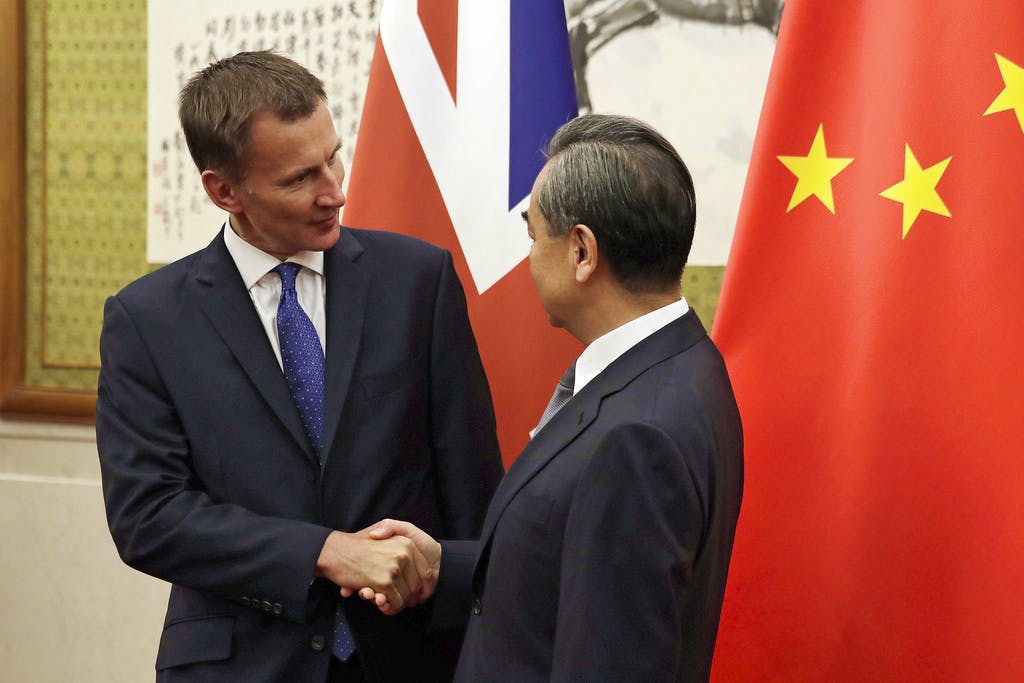
More Chinese tourists can also be seen in the US today. Here, one is reminded of how Mencius' mother shifted house thrice 2,300 years ago to ensure her son got the best education and helped him become one of China's pivotal cultural icons. This fact has induced many non-Chinese parents to relocate to Chinatown, so that their children can receive quality education alongside their Chinese peers. In New York's real Chinatown, public schools near the Confucius Plaza have become the embodiment of educational excellence due, in part, to the diligence of their students. As a Chinese proverb says, "Causing someone to lose face is like dropping something down a well.The increased presence of Chinese working as financial professionals in New York has given rise to a joke about Wall Street being turned into a workaday "Chinatown". If necessary, your superior can intervene and ask how the mistake can be mended.Ībove all, don't underestimate the importance of Face. You can humbly apologize (again, if the faux pas has been public, this should also be public). You can ask them for advice (if the faux pas has been public, this should also be public as well). You could invite the person out for a meal, explain that, because of the differences in culture, the outcome of your action was inadvertent (be sure to show your sincerity). Mending Face: This is hard but possible, depending on the degree of your faux pas. Building a strong and trusting relationship by "giving face" can help bank against unintended insult. Giving Face: This is like banking some of that "face currency." You attend a person's event, you praise them in public, you choose a gift befitting their status, you pay extra for a private room for dinner, and anything else that communicates "I believe this person is important" all give face to that person. You can see why transparency is an alien concept in China. Be indirect, listen a lot, don't push a point. You may need to pull out some diplomacy yourself - which means paying attention to how you say something and when you say it.

This means they may be heavy on diplomacy, to the point where they don't tell you the truth because it may be embarrassing to someone (maybe you, in their perception). Saving Face: Because the consequences of losing face are so dire, Chinese (and most other Asians) invest a lot of effort in not causing anyone to lose face. On the other hand, praising one person too much can cause others to lose face. Likewise, open confrontation, refusing food or drink, forgetting to cc them, or not strictly respecting the hierarchy are all grounds for loss of face. Calling someone out or giving negative feedback to them in front of others causes humiliation and loss of face.


Losing Face: Being embarrassed in public is the main source of loss of face. If you're working in China, here are some points you need to be aware of: What's more, the higher someone's rank, the further they have to fall, and consequently the more vulnerable they are to the vagaries of losing and saving face. A friend may stop talking to you, and a business deal, even with outstanding terms, may die a sudden death if you cause a loss of face. If you cause your Chinese manager to lose face in front of his underlings, he may leave and never come back. And when you take away somebody’s face you take away someone’s fundamental sense of security.” You spend it and you save it and you invest. Walter Thompson advertising told the New York Times. “Face - a cliché, but it’s so true - is the currency of advancement,” Tom Doctoroff of J.

It's a source of pride and power, but since it depends on the impression of others, it is always a significant risk factor in China. Mianzi, or "one's face" is a concept of great importance in Asia.


 0 kommentar(er)
0 kommentar(er)
